Table of Contents
Introduction to the flood myths across cultures
Flood myths across cultures are an intriguing phenomenon worldwide. These stories often depict a catastrophic flood sent by divine forces or natural events, with a few chosen individuals or animals surviving to repopulate the earth. But what if these myths are more than just ancient tales? Could they be reflections of real historical events? In this article, we’ll explore various flood myths from different cultures, investigate their potential historical roots, and understand what they reveal about the human experience.
1. Introduction
Overview of the legends of ancient floods
Flood myths are a common theme in global folklore. They often feature a great deluge that wipes out humanity or life on Earth, leaving only a few survivors. These stories are found in the traditions of many cultures, from ancient Sumeria to indigenous tribes in the Americas. They reflect deep-rooted human concerns about nature, survival, and divine retribution.
Purpose of Exploring Flood Myths
Understanding flood myths helps us explore shared human experiences and the ways different cultures interpret and record their histories. By comparing these myths, we can uncover common themes and possible historical events that might have inspired these stories.
2. Flood Myths from Around the World
Noah’s Ark
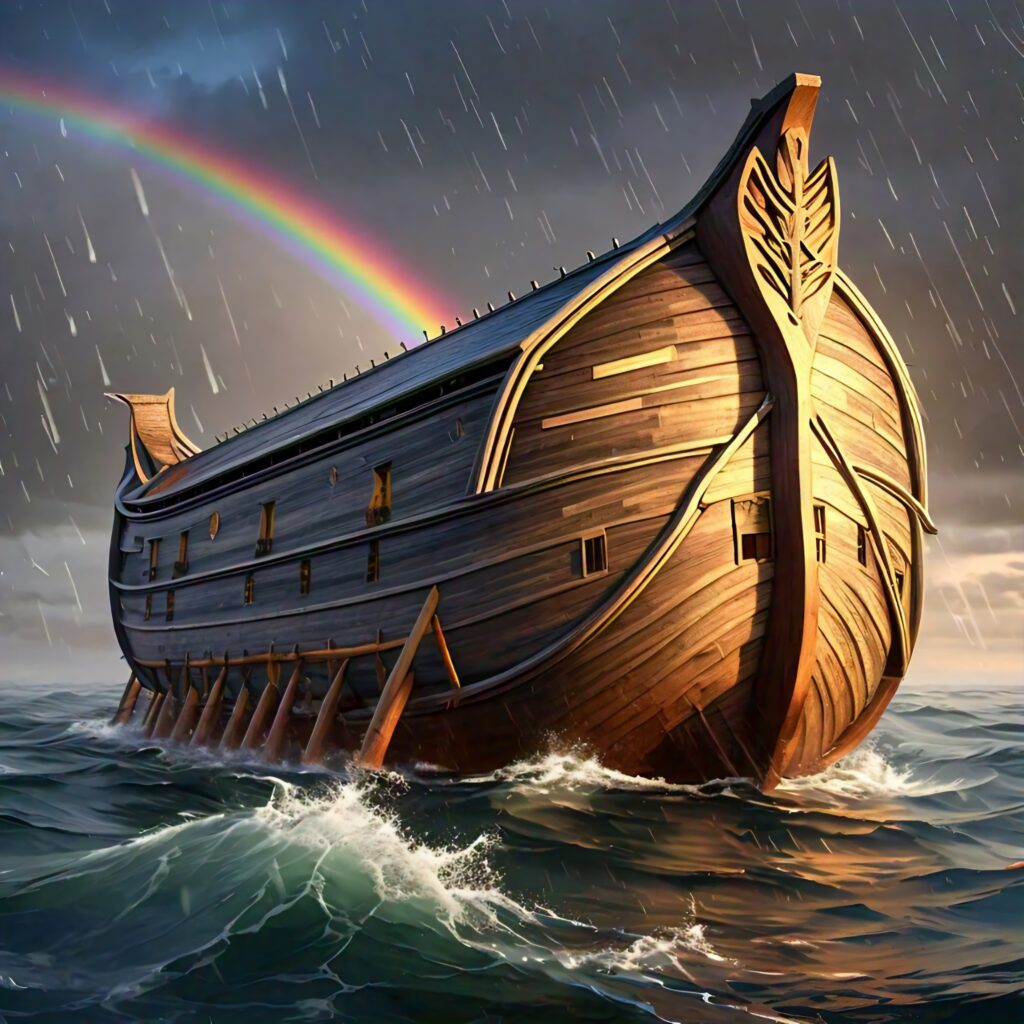
The story of Noah’s Ark is perhaps the most well-known flood myth. According to the Bible, God decided to cleanse the Earth of its wickedness with a flood, sparing only Noah, his family, and pairs of each animal species. After 40 days and nights of rain, Noah’s Ark came to rest on Mount Ararat, and humanity began anew. This story symbolises themes of divine judgement and redemption.
Hinduism’s Vishnu

In Hinduism, the myth of Vishnu as Matsya, the fish, is a remarkable parallel to Noah’s Ark. Vishnu warns King Manu of an impending flood, advising him to build a large boat. Manu saves the seven sages, seeds, and animal pairs. The floodwaters rise, but Manu’s boat, guided by Vishnu, floats safely, preserving life. This myth reflects the Hindu belief in divine intervention and the preservation of life through sacred means.
The Epic of Gilgamesh
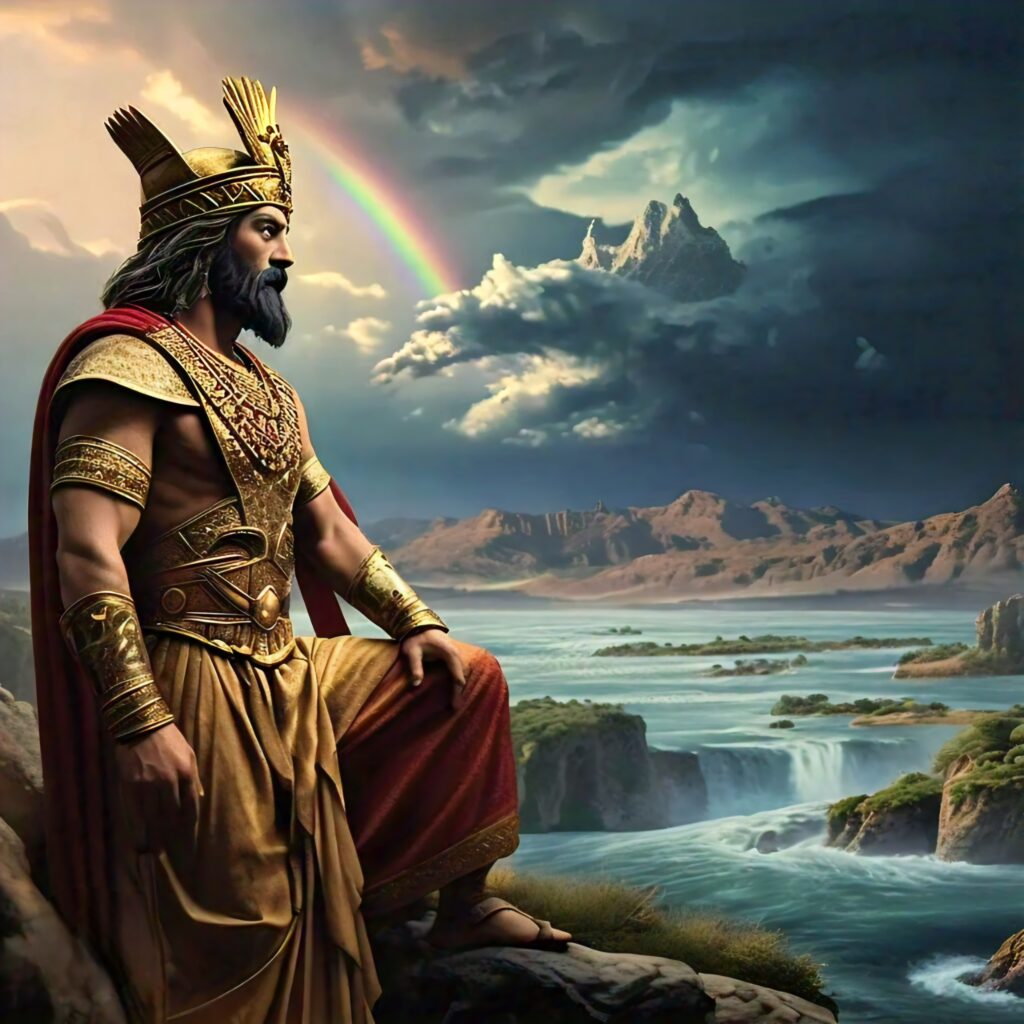
One of the oldest known literary works, the Epic of Gilgamesh from ancient Sumeria, features a flood story involving Utnapishtim. The gods decide to destroy humanity with a flood, but Utnapishtim is warned and builds a large boat, saving his family and various species. After the flood, he releases a bird to find land, mirroring the biblical account of Noah. This epic highlights themes of human resilience and divine will.
China’s Yu the Great
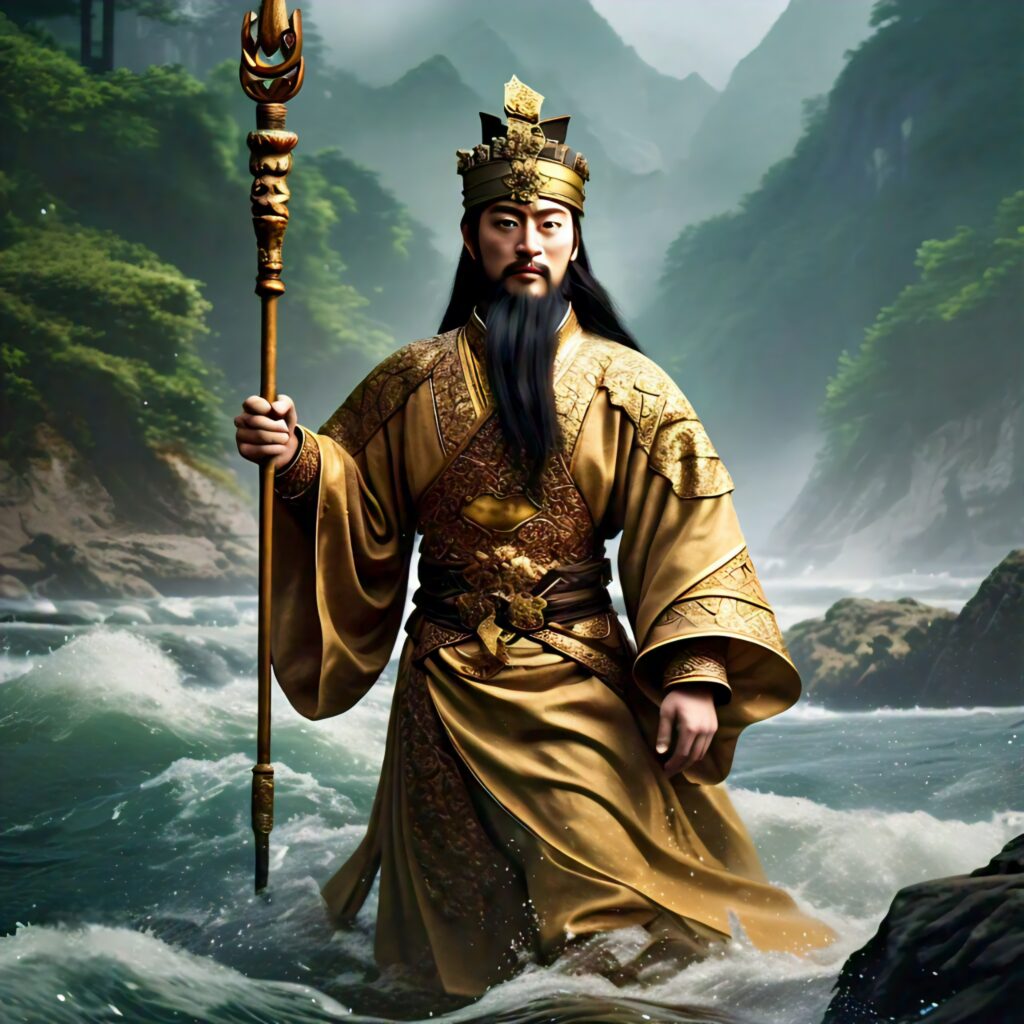
In Chinese mythology, Yu the Great is celebrated for his efforts to control a massive flood that devastated the land. Unlike other flood myths where the flood is a divine punishment, Yu’s story portrays him as a hero who tames the floodwaters through hard work and ingenuity, channelling them into rivers and lakes. This myth underscores the values of perseverance and leadership.
Native American Stories
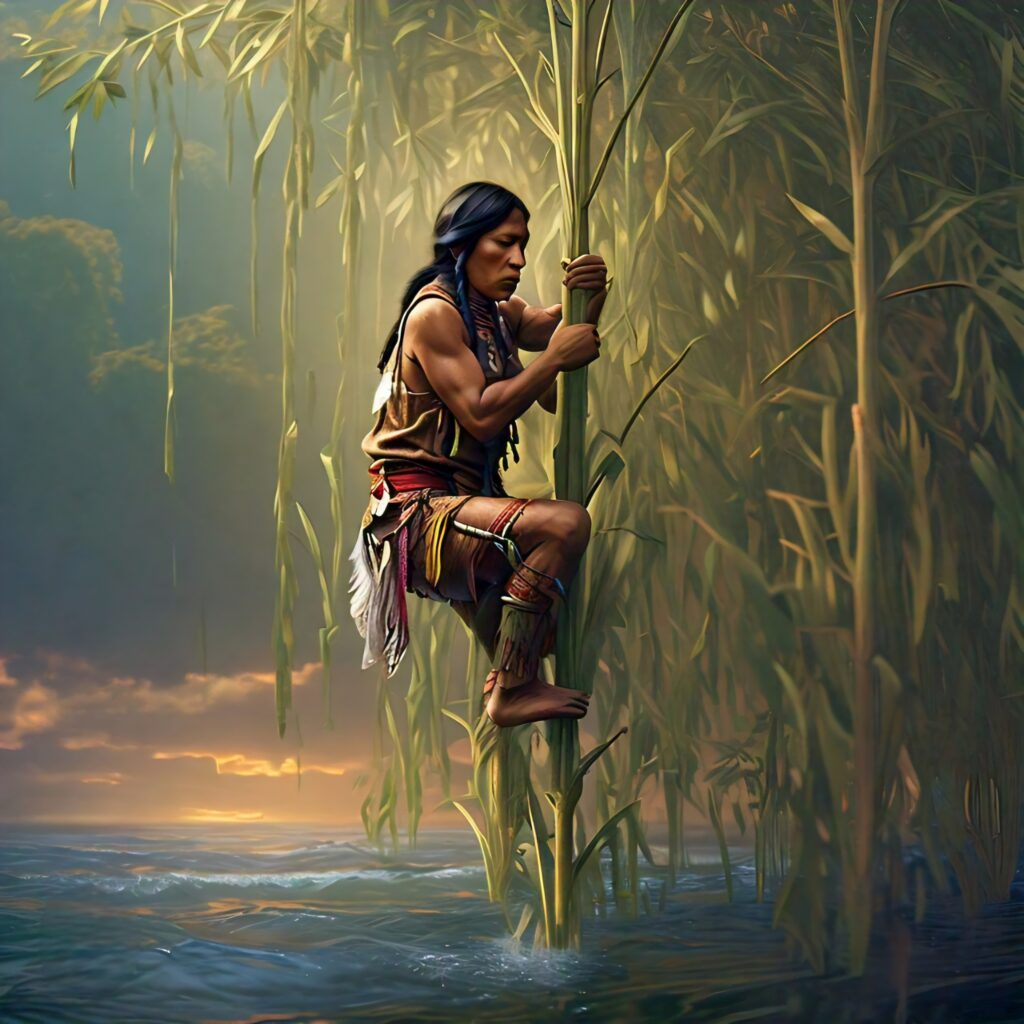
Native American tribes also have compelling flood myths. The Hopi tribe tells of a great flood that purifies the Earth, with survivors climbing a giant reed to escape the waters. Similarly, the Algonquin tribe describes a flood that leaves only a few animals on a raft. These stories reflect themes of purification and survival.
The Aztec Flood
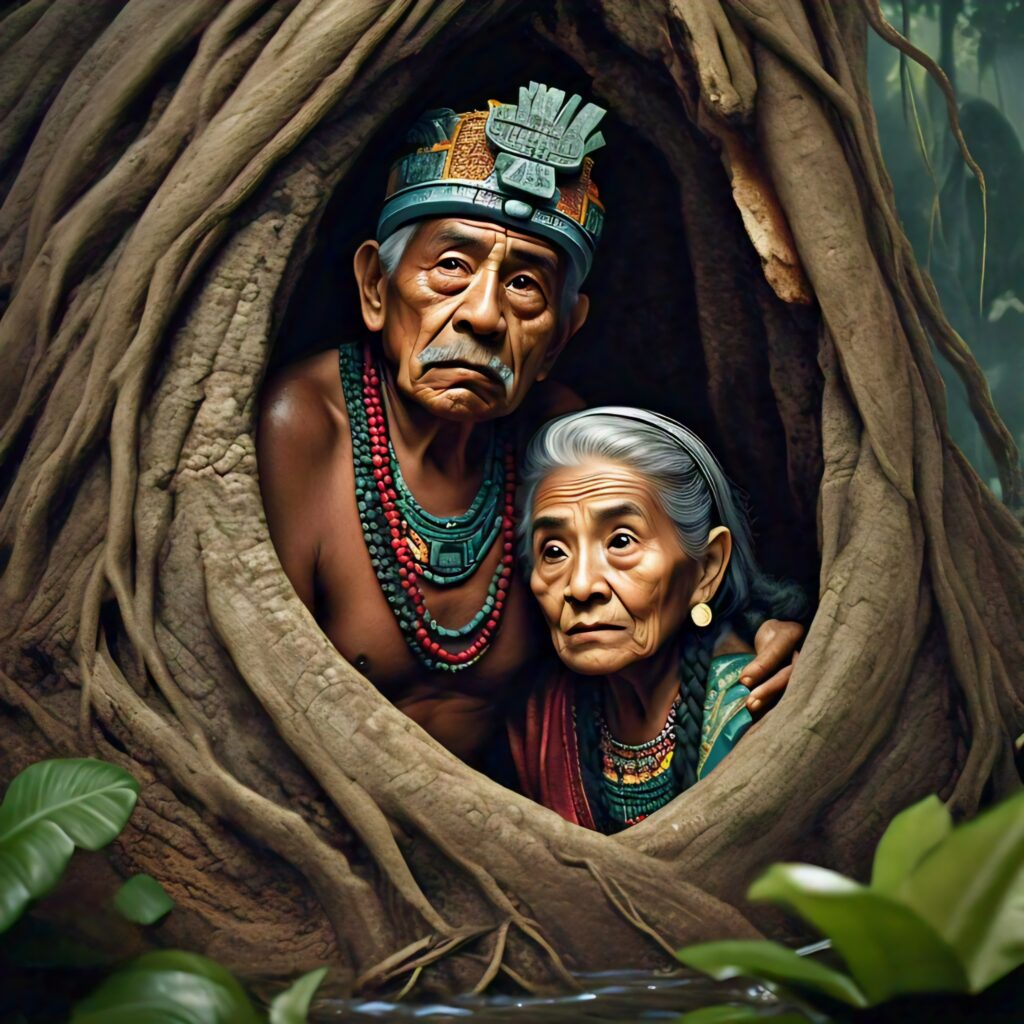
The Aztec myth recounts a flood sent by the gods as punishment. Tata and his wife Nena are the only survivors, hiding in a hollow tree. After the flood, they repopulate the Earth, but the gods transform them into dogs, possibly to signify the loss of their former status. This story illustrates the Aztecs’ views on divine retribution and transformation.
Aboriginal Australian Myths

In Australia, Aboriginal myths like that of Tiddalik the frog tell of a flood caused by a greedy frog drinking all the water. Other animals trick Tiddalik into laughing, causing the water to gush out and flood the land. This myth reflects the delicate balance between drought and flood in the Australian environment.
3. Research and Scientific Perspectives
The Black Sea Deluge Hypothesis
The Black Sea Deluge Hypothesis suggests that the biblical flood story may have origins in a real event—the flooding of the Black Sea around 7,600 years ago. As glaciers melted and sea levels rose, the Bosporus Strait may have burst, flooding the Black Sea region. This event could have inspired the Noah’s Ark narrative as a memory of this catastrophic event.
Pleistocene-Holocene Transition in India
The Hindu flood myth of Manu and Matsya might relate to significant climatic changes during the Pleistocene-Holocene transition about 11,700 years ago. Rising sea levels and climate shifts could have caused major flooding in the Indian subcontinent, preserved in the myth as Vishnu’s intervention.
Mesopotamian Floods and the Epic of Gilgamesh
The Epic of Gilgamesh’s flood story may have roots in real floods in Mesopotamia around 2900 BCE. The Euphrates River’s flooding could have had a lasting impact on the region’s memory, influencing the epic’s narrative and later the biblical story of Noah.
The Yellow River Floods in China
Yu the Great’s story may reflect historical floods of the Yellow River in China during the early third millennium BCE. These floods were severe, altering the river’s course and causing extensive damage. The myth of Yu’s flood control efforts could be an early record of flood management practices.
Glacial Meltwater Floods in North America
Native American flood myths may be connected to glacial meltwater floods at the end of the last Ice Age. These floods, caused by the bursting of glacial lakes, could have reshaped landscapes and influenced myths about survival and disaster.
Environmental Changes in the Valley of Mexico
The Aztec flood myth might be inspired by periodic flooding in the Valley of Mexico, a region prone to such events. These floods could have influenced the creation of myths emphasizing divine power and human vulnerability.
El Niño and La Niña in Australia
The Aboriginal story of Tiddalik could be linked to the effects of El Niño and La Niña cycles in Australia, which cause extreme variations in weather, leading to droughts and floods. This myth might be a way of explaining the environmental challenges faced by Aboriginal Australians.
4. Conclusion
Summary of Key Points
Flood myths from around the world offer fascinating insights into how different cultures understand and record catastrophic events. From Noah’s Ark to the story of Tiddalik, these myths share common themes of survival, divine intervention, and the fragility of human existence.
Reflection on Shared Human Experiences
These ancient stories reveal a shared human experience of facing natural disasters and the need to make sense of them. They highlight universal themes of resilience and adaptation, connecting us to our ancestors and each other across time and space.
5. FAQs
What is a flood myth?
A flood myth is a story found in various cultures that describes a great deluge sent by divine or natural forces to destroy or purify the Earth, with a few survivors rebuilding civilization.
Why are there so many flood myths?
Flood myths appear across cultures due to their reflection of common human experiences with natural disasters, such as floods, and the desire to explain and cope with these events.
How do scientists investigate the origins of flood myths?
Scientists use archaeological, geological, and climatic evidence to investigate the historical events that might have inspired flood myths. This includes studying ancient flood records and environmental changes.
Are flood myths purely symbolic or do they have historical basis?
While flood myths often carry symbolic meanings, many are based on real historical events, such as catastrophic floods, which were recorded and passed down through generations.
How do these myths impact modern understanding of ancient cultures?
Flood myths offer insights into the values, beliefs, and historical experiences of ancient cultures. They help us understand how these cultures interpreted natural events and their significance in their lives.
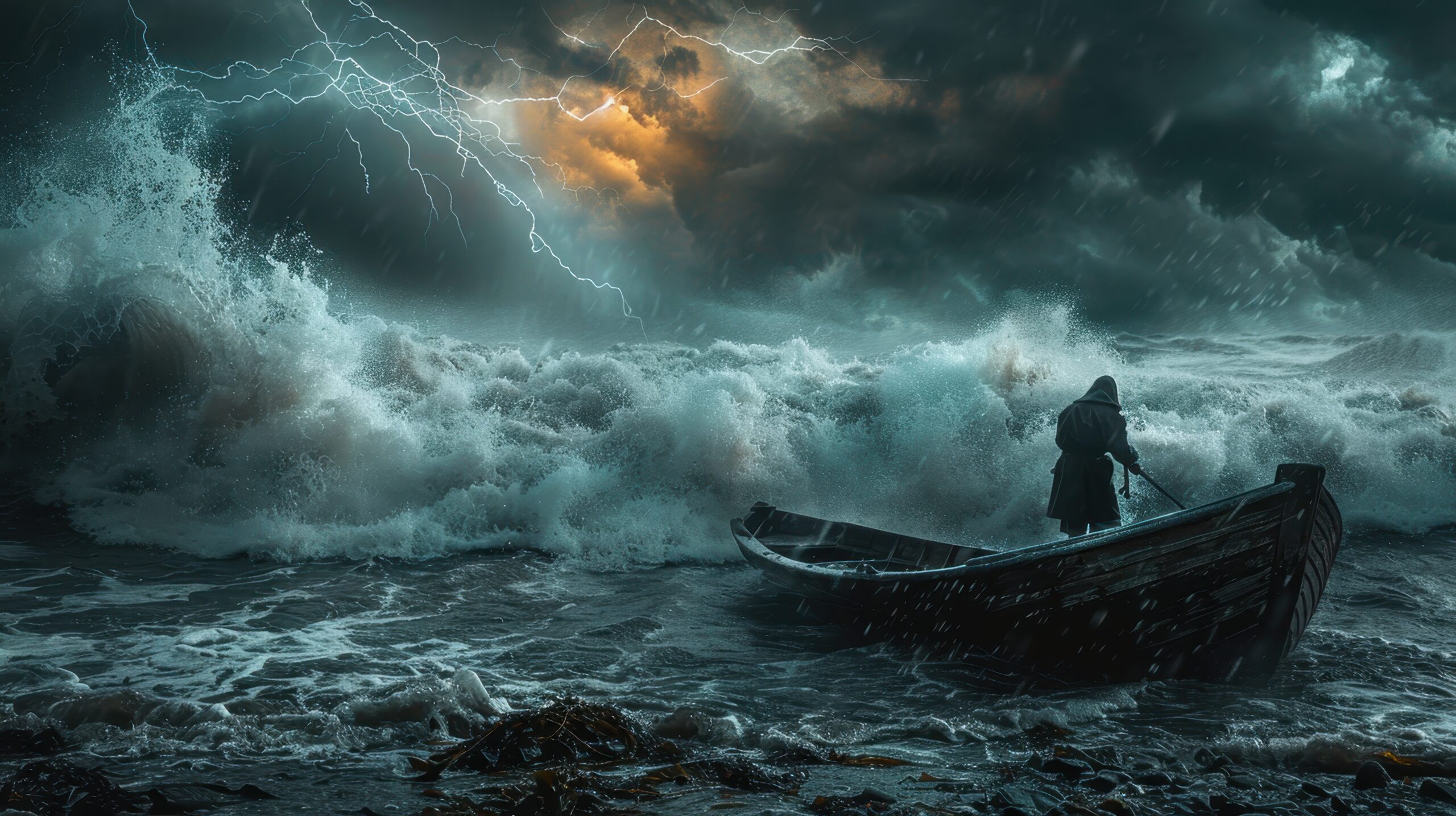
3 thoughts on “Echoes of the Deluge: Flood Myths Across Cultures”